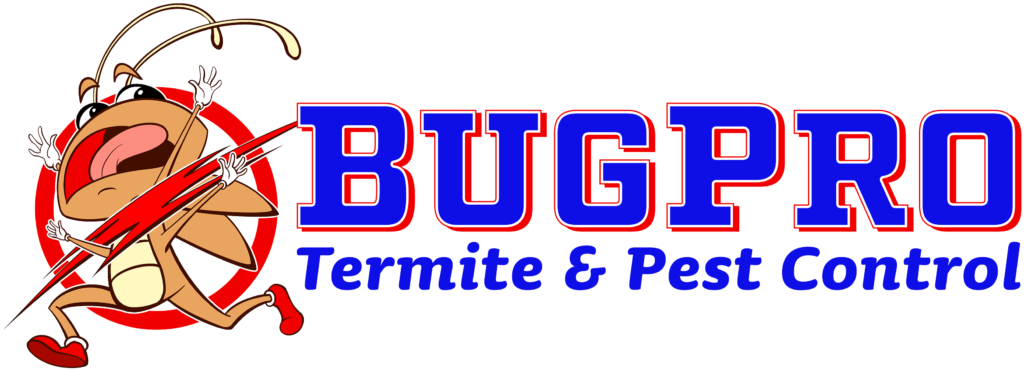
While pests like insects and rodents may seem like minor nuisances in our homes, they can pose significant health risks to us and our families. From triggering allergies and respiratory issues to transmitting diseases, pests can impact our well-being in various ways. In this blog, we will explore the hidden health risks of common household pests and discuss preventive measures to safeguard your health and home environment.
1. Cockroaches:
Cockroaches are notorious carriers of allergens and asthma triggers. Their shed skins, saliva, and feces contain proteins that can exacerbate respiratory conditions and allergies, especially in children. Cockroach infestations have been linked to asthma attacks and allergic reactions, making it crucial to eliminate these pests to protect indoor air quality and respiratory health.
2. Rodents:
Mice and rats are not only unwelcome intruders but also potential disease vectors. Rodents can contaminate food, surfaces, and air with their droppings, urine, and hair, spreading pathogens that cause diseases like hantavirus, leptospirosis, and salmonellosis. Additionally, rodent infestations can trigger allergic reactions and asthma symptoms in sensitive individuals, highlighting the importance of proper sanitation and pest control measures.
3. Mosquitoes:
Mosquitoes are more than just irritating pests; they are vectors for deadly diseases such as malaria, dengue fever, Zika virus, and West Nile virus. Mosquito bites can transmit these infectious agents to humans, leading to severe illness and even fatalities. By implementing mosquito control measures and eliminating breeding sites around your home, you can reduce the risk of mosquito-borne diseases and protect your health and well-being.
4. Bedbugs:
Bedbugs may not transmit diseases directly, but their presence can have adverse effects on mental health and quality of life. Bedbug infestations can cause anxiety, stress, and sleep disturbances, affecting overall well-being and mental health. Additionally, bites from bedbugs can result in itching, skin irritation, and secondary infections, further compromising comfort and health.
5. Flies:
House flies and fruit flies are not only annoying but also potential carriers of pathogens that cause food poisoning and gastrointestinal infections. Flies can pick up disease-causing organisms from decaying organic matter and transfer them to food, surfaces, and utensils in your home. Proper sanitation practices and fly control measures are essential to reduce the risk of foodborne illnesses and protect your family’s health.
As homeowners, it is essential to be aware of the health risks associated with common household pests and take proactive steps to prevent infestations and protect your well-being. By practicing good sanitation, implementing pest control measures, and addressing pest problems promptly, you can create a healthy and safe living environment for you and your family. Prioritizing pest management not only enhances comfort and quality of life but also reduces the risk of exposure to allergens, pathogens, and disease-causing agents carried by pests.